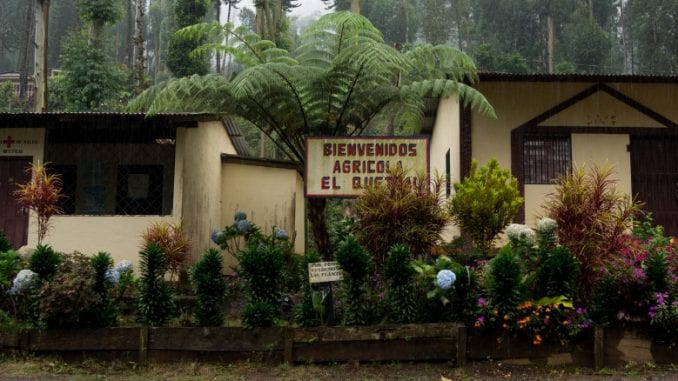
Joe Coffee in New York launches Project Peaberry, a social initiative where 100% of sales of peaberry coffee from a particular farm benefit initiatives at origin.
BY ASHLEY RODRIGUEZ
BARISTA MAGAZINE ONLINE
It’s nice to feel good about the coffee you drink. Many roasters feature coffees that benefit farms and growers in ways beyond paying higher prices for coffee, such as donating to an organization or helping fund a project at origin. Joe Coffee, which you might have read about recently when they received investment from Danny Meyer’s hospitality group, has just launched a project aimed at helping fund projects in Nicaragua.
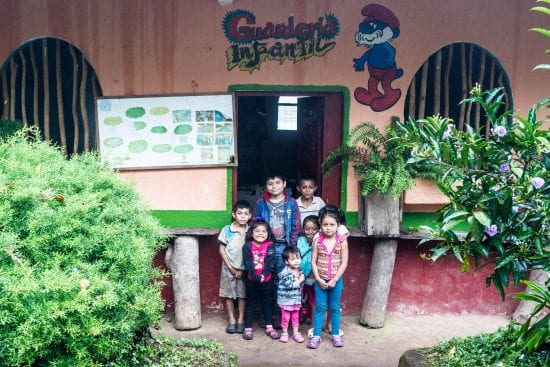
“As part of our commitment to sustainability and humanity throughout the coffee supply chain, we at Joe are pleased to announce Project Peaberry, a new initiative in partnership with our friends at Fincas Mierisch,” shares Ed Kaufmann, head roaster for Joe Coffee in New York. The Mierisch family owns Fincas Mierisch, which are in Nicaragua. (Some might be familiar with Steve Mierisch, owner of Pulley Collective in New York and Oakland, Calif.) The project, which will be funded through sales of retail coffee in Joe locations and online, aims to provide necessary services and infrastructure for farming communities. “Centered around children, family health, and education, Project Peaberry is a multi-stage project that will see 100% of the proceeds of specialty-designated Joe coffee allocated to specific, long-term improvements for living and medical care conditions on coffee farms in Nicaragua,” Ed adds.
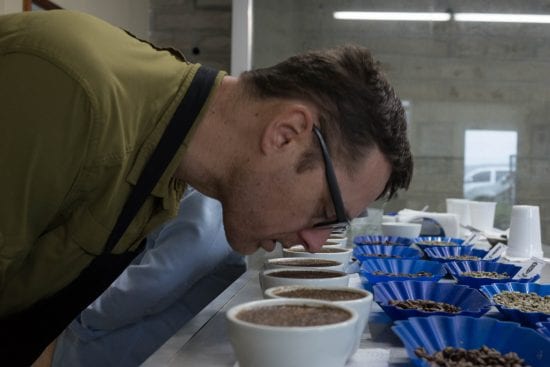
It can be difficult to know where funds and support are needed for farms, but Joe is relying on its long-term relationship with the Mierisch family to identify specific goals and initiatives to take on. “On our visits to the farms with whom we work—Placeres, El Quetzal, and Limoncillo—we and the Fincas Mierisch team have identified important areas where improvements can be made to infrastructure on the ground that will have a lasting effect on quality of life for their coffee-farming families,” says Ed. The goals range from small, short-term projects to large endeavors aimed at creating structures that communities need. Ed adds: “From making basic repairs in leaking roofs, to building indoor bathrooms, to stocking dispensaries with basic medical supplies and trained staff, to establishing day care and pre-school programs, Project Peaberry seeks to ensure a quality infrastructure will live on for not only the current generation of family farmers, but for those generations to come.”
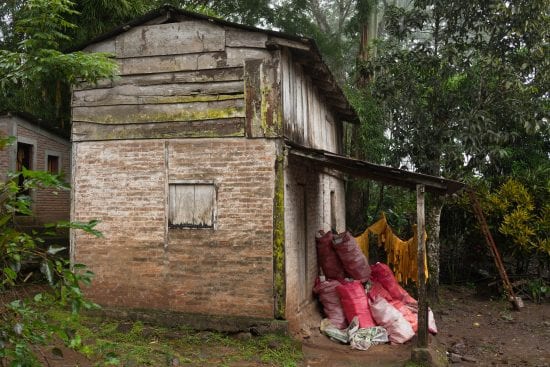
The folklore behind peaberries, which are coffee seeds that grow alone as opposed to in pairs inside a coffee cherry, are that they contain “double the flavor.” While the folklore might not be true, the Peaberry Project is instead imparting its own unique twist on these beans by tying them in with a social justice initiative. The project will begin in Nicaragua, but will feature other coffees as time goes on. “Our first Project Peaberry coffee is our Los Ninos peaberry coffee from El Limoncillo, Nicaragua,” says Ed.“This Pacamara Peaberry coffee was grown at 850-1,150 meters elevation and is fully washed.”
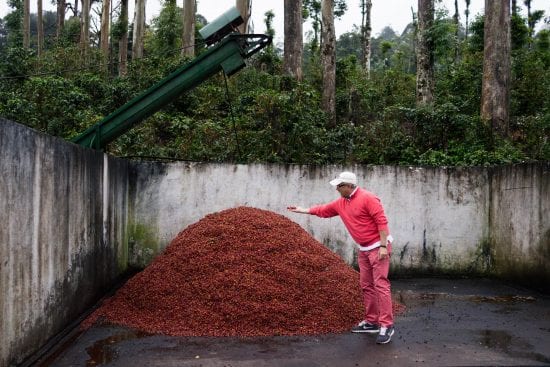
Joe is excited to launch their project with this distinctive coffee. “A unique coffee that departs from the flavors typical of this region, it also demonstrates the high caliber of coffee that is possible under a system of quality-focused farming and processing,” says Ed.“As such, it’s a perfect introduction to our project, allowing us to give completely back to the farm that produced it.” You can find the coffee in any of Joe’s locations in New York and Philadelphia, along with online at joenewyork.com.


Wow, what an inspiring initiative, thanks for sharing! It is brilliant that Joe Coffee is making such a substantial effort to provide long term support these communities in Nicaragua and really help them build both their businesses short and long term and help improve the communities as a whole, a great example of responsible coffee production, looking forward to seeing how they develop the partnership going forward.